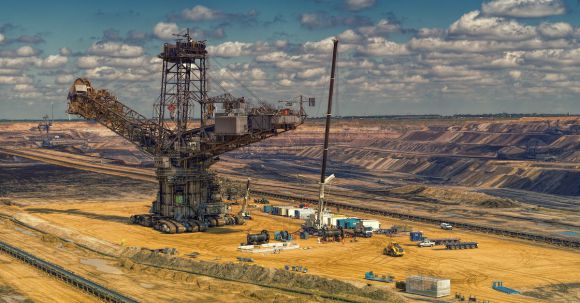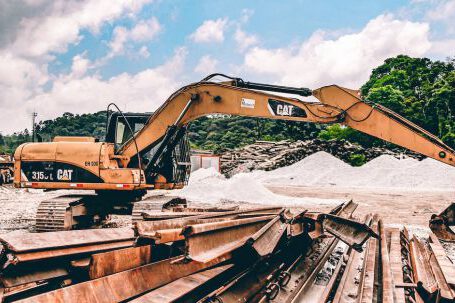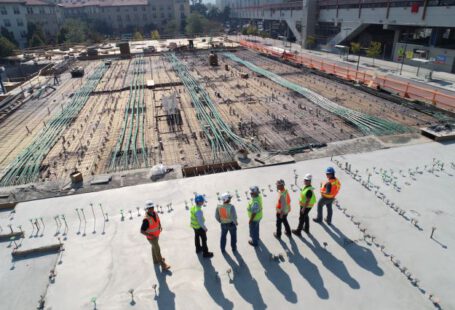The construction industry is always looking for ways to become more efficient, from technological advancements to improved safety protocols. One of the key areas of focus in recent years has been improving the fuel efficiency of construction equipment. This is important not only for reducing costs but also for keeping the environment safe. In this article, we will take a look at some of the latest innovations in construction equipment fuel efficiency.
Fuel-Saving Technologies
One of the most effective ways to improve the fuel efficiency of construction equipment is through the use of fuel-saving technologies. These technologies can include everything from improved engine designs to advanced fuel injection systems. The use of these technologies can result in significant fuel savings, which can be further compounded by improved maintenance protocols.
Fuel-Efficient Engines
Another important step in improving fuel efficiency is the use of fuel-efficient engines. Modern engines are designed with fuel efficiency in mind, and they often feature improved combustion systems and advanced fuel mapping systems. These engines are designed to maximize fuel efficiency while still providing plenty of power for the job.
Fuel Monitoring Systems
Fuel monitoring systems are becoming increasingly common in construction equipment. These systems allow operators to monitor the fuel consumption of their equipment in real-time, allowing them to adjust their usage accordingly. This allows operators to identify any problems with fuel consumption quickly, allowing them to take corrective action before it becomes a problem.
Hybrid Technology
Hybrid technology is becoming increasingly popular in the construction industry due to its ability to improve fuel efficiency. Hybrid engines are able to switch between electric and petrol power depending on the needs of the job. This allows them to be more efficient when running at lower speeds and can result in significant fuel savings.
Fuel-Efficient Vehicle Design
The design of the construction vehicle can also have a major impact on fuel efficiency. Aerodynamically-efficient designs can reduce drag and improve fuel efficiency. Additionally, lightweight materials can also reduce the overall weight of the vehicle, further improving fuel efficiency.
Conclusion
Improving the fuel efficiency of construction equipment is an important step in improving the efficiency and sustainability of the construction industry. By utilizing the latest innovations in fuel-saving technologies, fuel-efficient engines, fuel monitoring systems, hybrid technology, and fuel-efficient vehicle design, operators can significantly reduce their fuel consumption and improve their overall efficiency.






